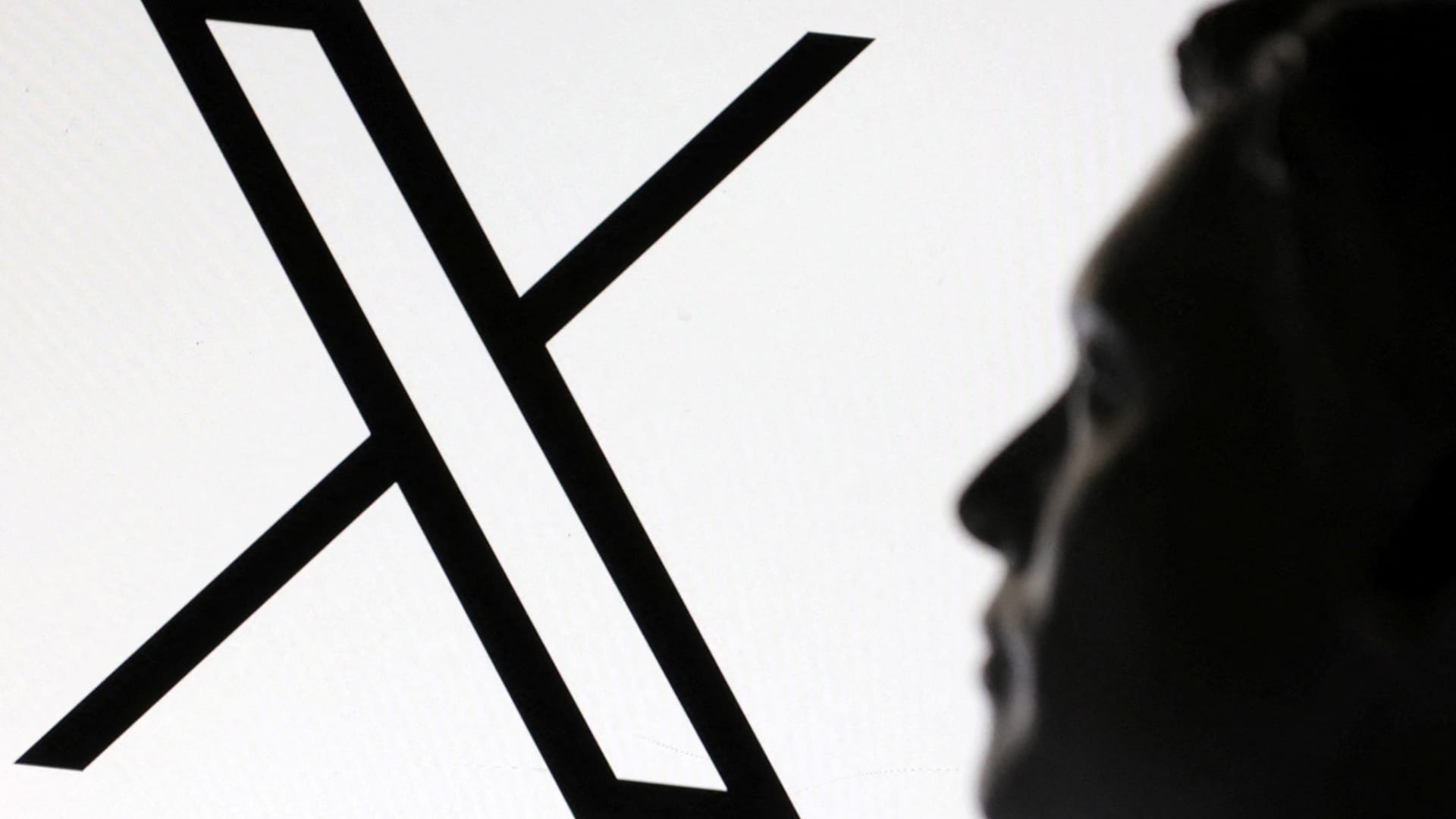Summary
French prosecutors have launched an investigation into Elon Musk’s X over allegations that it manipulated its algorithms to distort discourse.
The probe follows a report from a French lawmaker, citing “biased algorithms” that may have interfered with automated data processing.
Meanwhile, the EU is also investigating X for potential violations of the Digital Services Act, demanding internal algorithm documents by Feb. 15.
X has faced criticism for allegedly amplifying far-right content, with Musk publicly supporting Germany’s far-right AfD party.



You need to have imaginary conversations with yourself to try to pretend you’re not full of shit. What a bozo.
I’m waiting for your counter-arguments. Or is ad hominem the only thing you know?
Scroll up, dipshit. The first reply of your comment had 3 sources exposing your shitheadedness
From The Verge article:
"Twitter says that it doesn’t know why the data suggests its algorithm favors right-leaning content, noting that it’s “a significantly more difficult question to answer as it is a product of the interactions between people and the platform.” However, it may not be a problem with Twitter’s algorithm specifically — Steve Rathje, a Ph.D. candidate who studies social media, published the results of his research that explains how divisive content about political outgroups is more likely to go viral.
The Verge reached out to Rathje to get his thoughts about Twitter’s findings. “In our study, we also were interested in what kind of content is amplified on social media and found a consistent trend: negative posts about political outgroups tend to receive much more engagement on Facebook and Twitter,” Rathje stated. “In other words, if a Democrat is negative about a Republican (or vice versa), this kind of content will usually receive more engagement.”
If we take Rathje’s research into account, this could mean that right-leaning posts on Twitter successfully spark more outrage, resulting in amplification."
In other words: it’s not the algorithm that favors one side of the polical spectrum. It’s just that right-wing users know how to make more engaging posts. And that is dispite being sabotaged by moderation policies that favors left-leaning views.
God damn sealions
deleted by creator